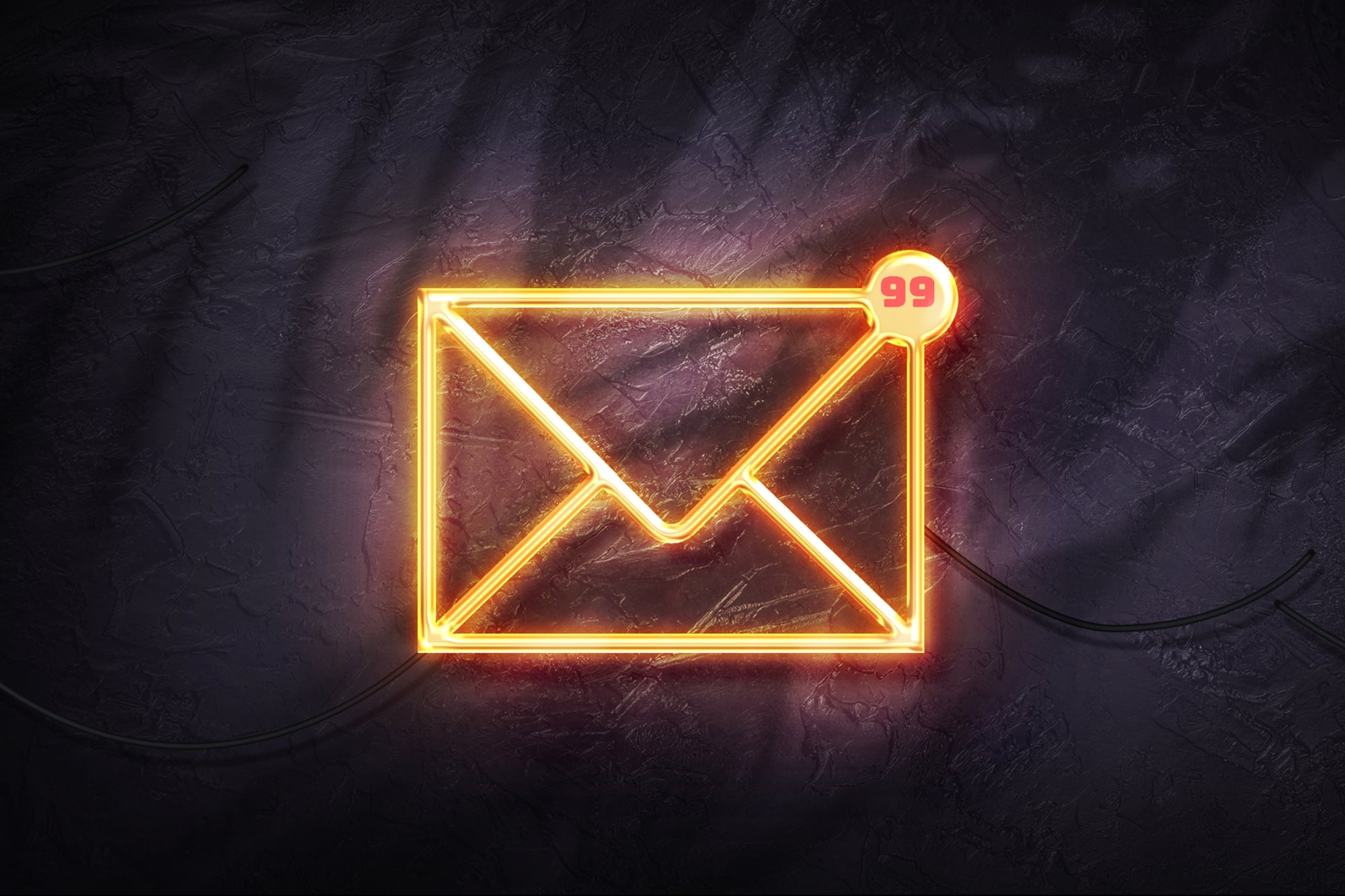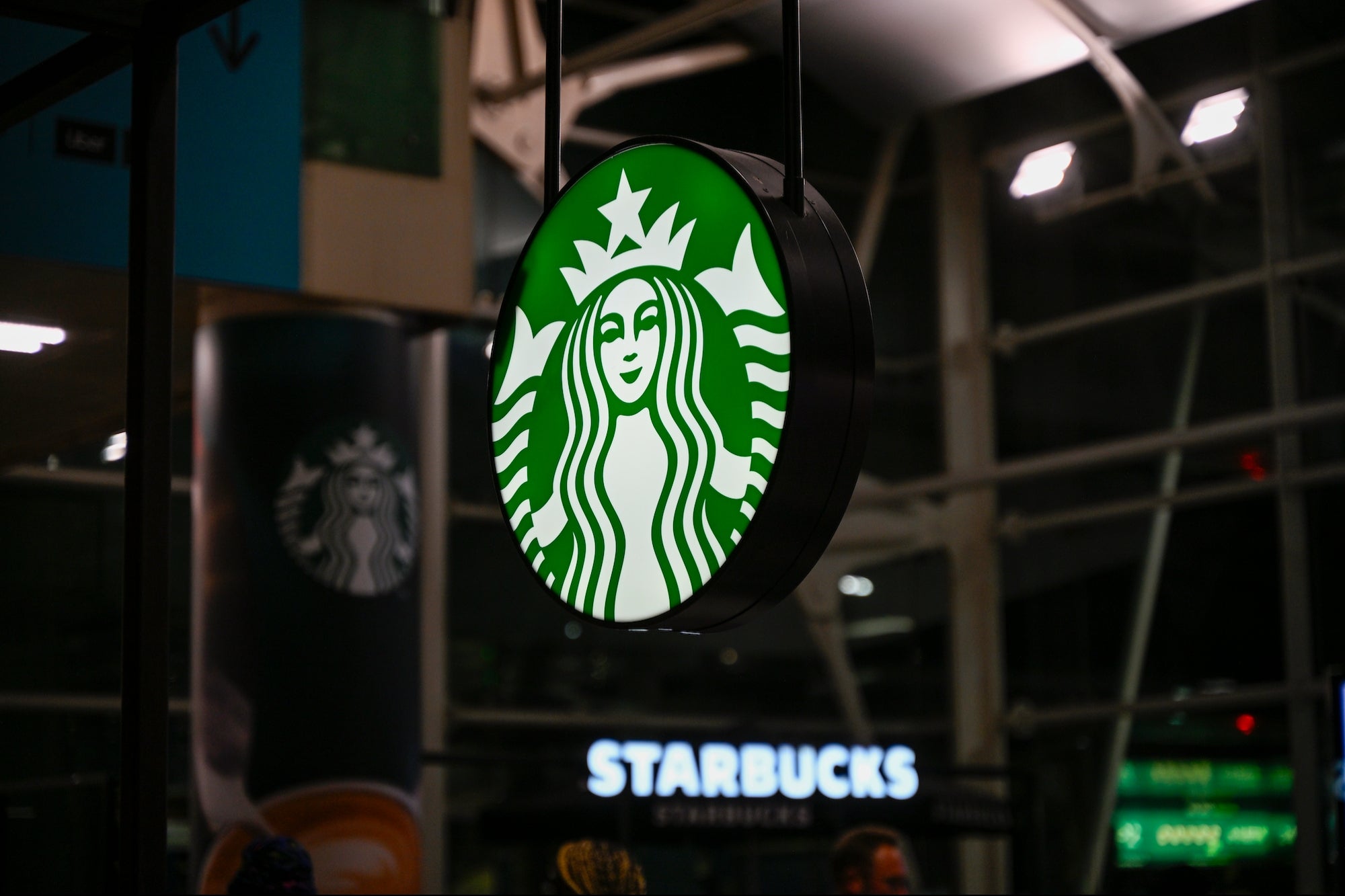Opinions expressed by Entrepreneur contributors are their own.
For many entrepreneurs, email has become less of a communication tool and more of a chronic source of stress. The pursuit of “Inbox Zero” — a term originally coined to help people manage their digital lives — has turned into a productivity illusion. What was meant to bring clarity now often creates anxiety.
Inbox Zero has been glorified in hustle culture as a symbol of control. But clearing one’s inbox doesn’t necessarily mean the business is moving forward. In fact, chasing an empty inbox can distract entrepreneurs from high-impact work that actually drives growth.
The notion of Inbox Zero also creates an unrealistic standard. Few founders can dedicate hours each day to curating their inboxes — and even if they could, that time might be better spent elsewhere. Maintaining a spotless inbox often comes at the expense of deep work, strategy or rest — all of which are essential for long-term success.
The trap of inbox mastery
Email overload can quietly erode productivity and confidence. Each unread message may trigger internal narratives about being behind or disorganized. Over time, this cultivates a reactive mindset — one where time is spent managing communication instead of leading with clarity and purpose.
This tendency is especially harmful for founders and leaders, whose most valuable contributions come from decision-making, vision setting and creative problem-solving. Email, if left unchecked, can consume those contributions before the day truly begins.
Many entrepreneurs describe this trap as a form of “inbox-induced anxiety.” It’s the guilt that arises from delayed replies or perceived digital unavailability. The more messages accumulate, the heavier that guilt becomes — reinforcing the belief that responsiveness is a direct reflection of work ethic.
But the real cost of that belief is often overlooked.
Related: Inbox Zero Is a Fantasy. I’m Trying for Calendar Zero Instead.
Why pausing is a strategic move
Pausing email doesn’t signal irresponsibility — it signals intention. Strategic pauses from communication platforms are now recognized as crucial for maintaining focus and well-being. A study from the University of California, Irvine, found it takes over 23 minutes to fully refocus after a digital interruption. Multiply that by dozens of email check-ins per day, and the cost becomes clear.
In environments where attention is currency, entrepreneurs must protect their bandwidth. Constant connectivity doesn’t equal effectiveness — it often leads to diluted thinking and reactive leadership.
Reframing the role of email begins with one question: “Is this the best use of my time right now?”
4 email habits that improve focus
Here are four effective strategies business leaders are using to reclaim their time and protect their focus:
1. Close the inbox after checking. Keeping email tabs open invites constant mental interruptions. By closing the email app entirely after a scheduled check-in, leaders reduce cognitive overload and stay present in higher-leverage tasks.
2. Use the term “NNTR” (No Need to Reply). Including this phrase in appropriate messages communicates respect for the recipient’s time. It discourages unnecessary replies and models a culture of intentional communication.
3. Leverage email management tools and support. Platforms like Fyxer help streamline inboxes, draft replies and delegate communications efficiently. For growing teams, virtual assistants or operations managers can also absorb routine messages and filter what truly requires attention.
4. Ask: “Could this have been a 5-minute call?” In many cases, phone or voice conversations resolve issues more clearly and quickly than long email threads. Encouraging voice-first communication improves clarity, reduces misinterpretations and accelerates decision-making.
Related: Inbox Zero Won’t Solve Your Email Problem
The cost of constant connectivity
Entrepreneurs often wear responsiveness like a badge of honor. But the cost of constant availability is fragmented thinking. Being “always on” may lead to chronic stress, burnout and poor decision-making — outcomes that sabotage long-term growth.
The most impactful founders are not the most accessible — they’re the most intentional. Protecting mental bandwidth is not a luxury; it’s a leadership imperative. Email should serve a business’s mission, not consume its momentum.
The “urgency myth” compounds this problem — the belief that every email needs an immediate reply. In reality, most communication is neither urgent nor essential. Entrepreneurs benefit from adopting response standards that prioritize context over speed.
Reframing the goal: From inbox zero to inbox peace
Rather than striving for an empty inbox, entrepreneurs should aim for inbox peace — a state where email is used as a tool, not a measure of worth. This shift may require a mindset reset: Unread emails are not inherently a problem unless they are mismanaged.
Inbox peace involves setting clear expectations, blocking time for deep work and embracing the idea that not every message needs a response — or even attention. In practice, this means designing systems that allow for proactive decision-making, not reactive ping-pong.
Practical tips to implement now
To reset email culture within a business or personal workflow, try the following:
- Schedule fixed email check-in times (e.g. 11 a.m. and 4 p.m.).
- Add “NNTR” to emails when a response isn’t necessary.
- Silence notifications for focused work blocks.
- Set one day a week as “email-free” for creative or strategic work.
- Review sent messages to identify which emails could be eliminated or replaced with shared docs or workflows.
These simple adjustments compound over time. Even reclaiming 30 minutes per day through better email boundaries can add up to more than 10 full working days a year.
Related: Should You Ignore Your Emails or Get Them to Zero?
Final thought
Inbox Zero is not the finish line. In fact, it may be a detour away from what matters most. The real measure of an entrepreneur’s effectiveness lies not in their response rate, but in their ability to think clearly, make sound decisions and stay focused on long-term goals.
Inbox peace — not Inbox Zero — is the smarter, more sustainable target.
For many entrepreneurs, email has become less of a communication tool and more of a chronic source of stress. The pursuit of “Inbox Zero” — a term originally coined to help people manage their digital lives — has turned into a productivity illusion. What was meant to bring clarity now often creates anxiety.
Inbox Zero has been glorified in hustle culture as a symbol of control. But clearing one’s inbox doesn’t necessarily mean the business is moving forward. In fact, chasing an empty inbox can distract entrepreneurs from high-impact work that actually drives growth.
The notion of Inbox Zero also creates an unrealistic standard. Few founders can dedicate hours each day to curating their inboxes — and even if they could, that time might be better spent elsewhere. Maintaining a spotless inbox often comes at the expense of deep work, strategy or rest — all of which are essential for long-term success.
The rest of this article is locked.
Join Entrepreneur+ today for access.








